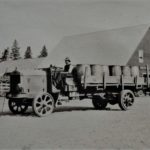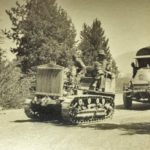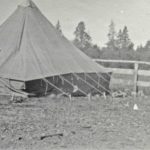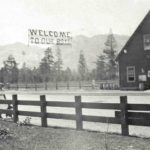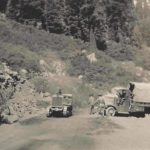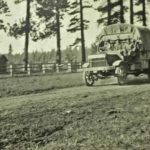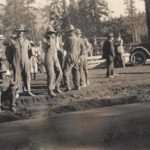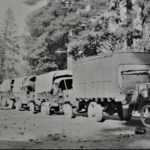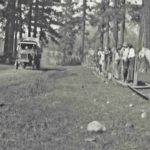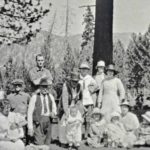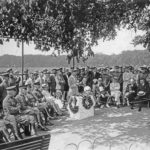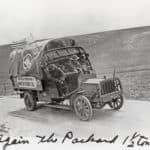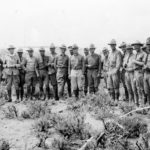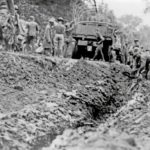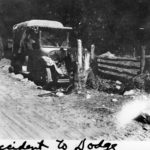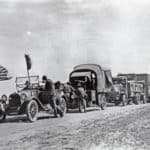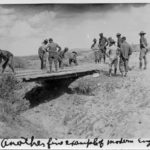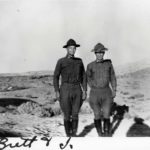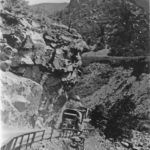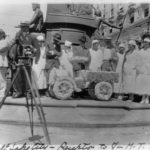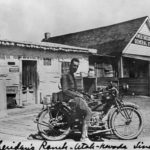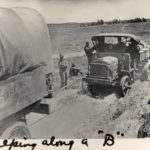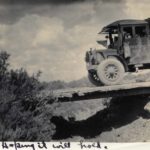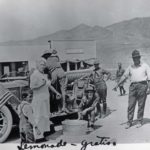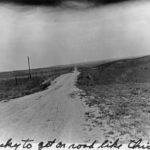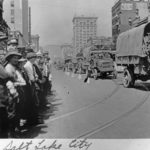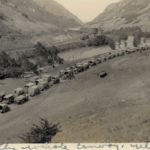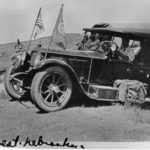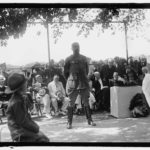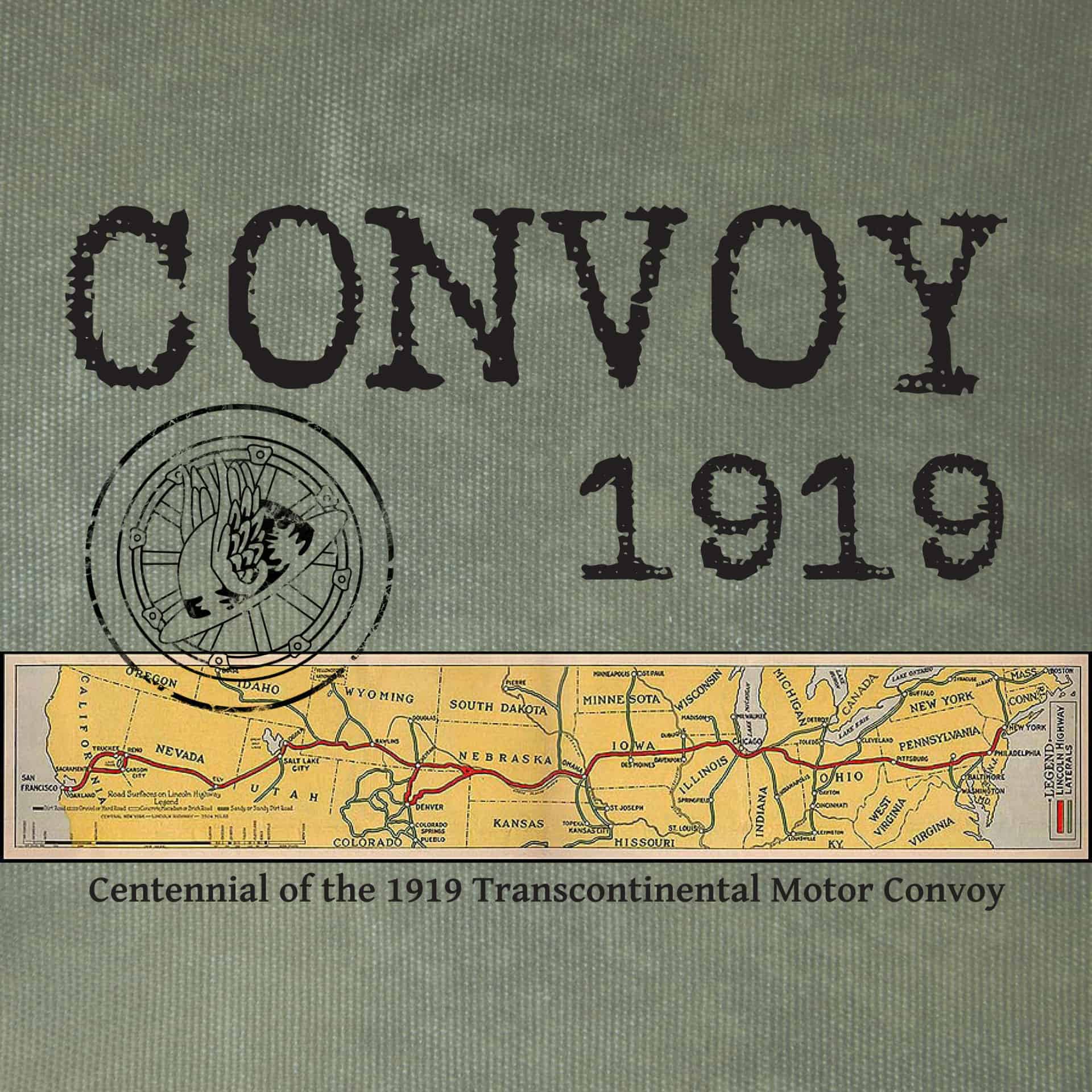Convoy 1919: Centennial of the 1919 Transcontinental Motor Convoy
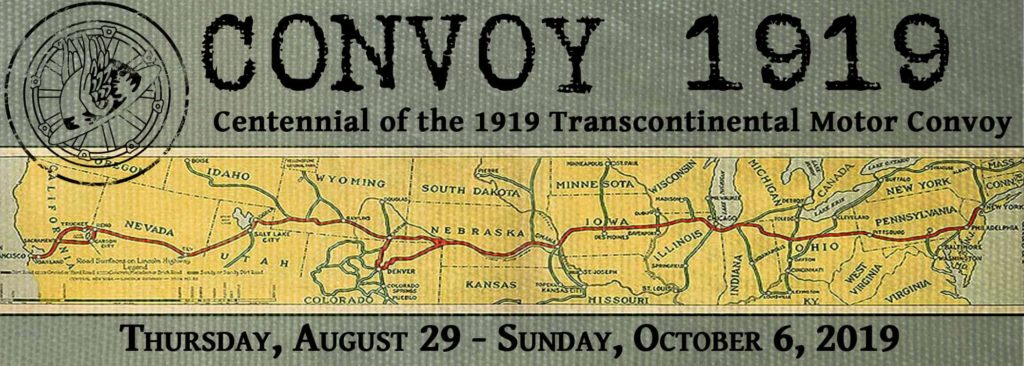
On July 7, 1919, a transcontinental motor convoy organized by the U.S. Army departed Washington, D.C. for San Francisco, California to demonstrate the motorized capability of the armed forces in the shadow of World War I. The convoy - consisting of 81 vehicles, including 31 heavy cargo trucks, 4 kitchen trailers, a wrecker, 4 motorcycles and 5 ambulances – made its way westward over long stretches of roads that were often little more than dirt tracks. On the evening of September 2, 1919, the convoy, motoring on the Lincoln Highway through El Dorado County, reached Placerville, California to cheers from the welcoming crowd. That evening more than 200 troops were treated to “a huge barbecue, a revival of the ‘Days of Forty-nine” and a street dance.
One hundred years later, Convoy 1919 celebrated and explored what Eisenhower and many others faced during that journey. The exhibition included photographs taken by Motor Transport Corps members from the personal collection of President Eisenhower, and treasured photos lent by the Celio Family, one of the oldest families in El Dorado County. These pictures show how the road system wasn’t a carefully planned network, but actually loosely connected dirt and gravel paths. You can see the challenges caused by such primitive roads, from getting stuck in the mud almost daily, to long stretches with no amenities, and sheer cliff sides without any railing to keep a vehicle from tumbling down. But there are also the happy receptions greeting “the boys” as they roll into one town after another across America.
Convoy 1919 ran from Thursday, August 29, through Sunday, October 6.
An opening reception was held on Thursday, September 5, from 6:00 pm to 8:00 pm, in the Confidence Gallery, located at 487 Main Street.

